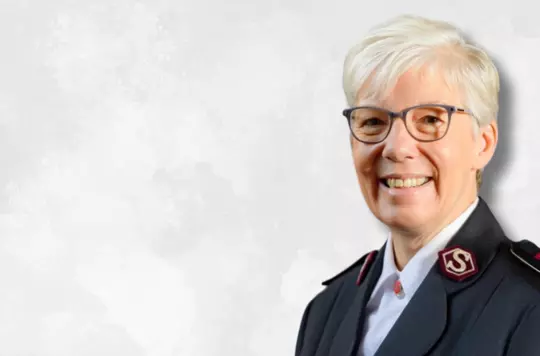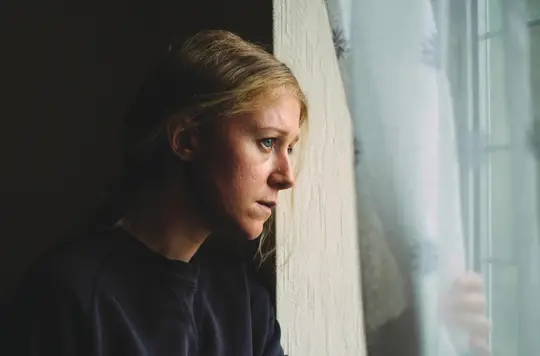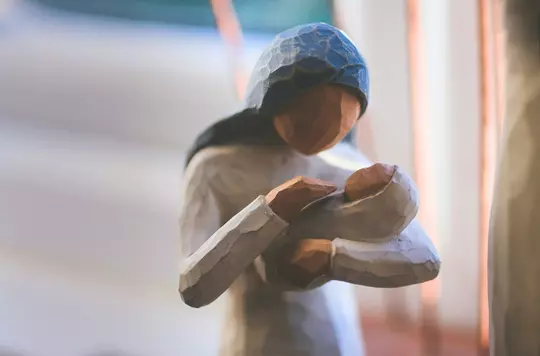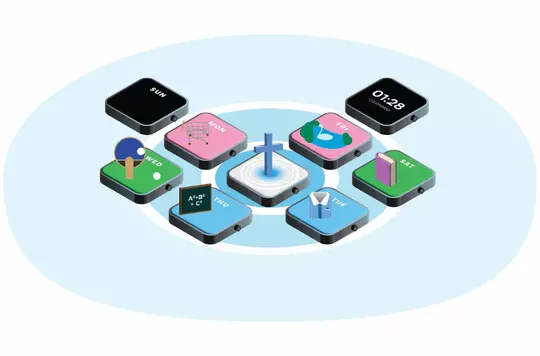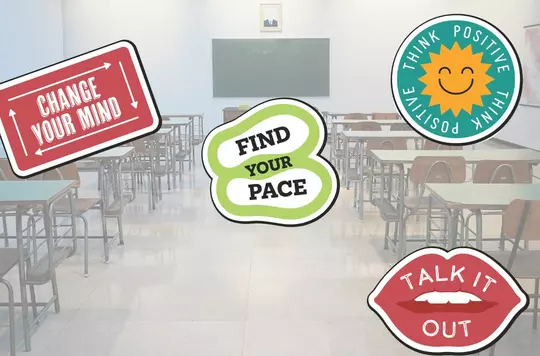2 November 2024
Ludwig: Seeing things from a different perspective
Ivan Radford

As Ludwig finishes on BBC One, Ivan Radford celebrates our fearfully and wonderfully made minds.
‘I think I need to pace about. Can I pace about?’ asks John Taylor, as he tries to unravel a crime scene in Ludwig. If John doesn’t sound like your average police officer, that’s because he isn’t: he’s a puzzle-setter, known as Ludwig, who has unwittingly ended up in the shoes of his missing identical twin brother, who’s a detective. The shocking revelation? It turns out John’s quite good at solving murders.
This entertainingly implausible premise has had millions of viewers following Ludwig each week on BBC One and BBC iPlayer, with the finale airing on Wednesday. Part of the appeal lies in the idea that any one of us might be able to use logic to crack a fiendish puzzle. Who doesn’t love playing armchair detective in the hope that they can deduce the answer to an impossible riddle themselves?
Ludwig reminds us, though, that we can’t do everything on our own. Just as the police benefit from John’s unusual take on each case, he grows from the relationships that he builds – and rebuilds – with his colleagues and family.
‘Two can accomplish more than twice as much as one,’ we read in Ecclesiastes 4:9 (The Living Bible). Why? Partly because we can each see things differently. One of the most uplifting passages in the Bible tells us that we are ‘fearfully and wonderfully made’ (Psalm 139:14). We are each created in God’s image – right down to the last molecule of our being, we are unique and loved.
That means nobody’s brain is wired quite like yours – it is fundamentally impossible for you to think or imagine in exactly the same way as someone else. Whether you are creative or logical, your precise neurological chemistry is a one-off. It is only by journeying together, listening to each other and valuing one another’s perspectives and experiences, that we can each grow in our understanding and compassion. It is only together in our diversity that we, as the united Church, can reflect God’s image to the world.
‘Welcome with open arms fellow believers who don’t see things the way you do,’ advises Romans 14:1 (The Message). Of course, that doesn’t mean that we hold the answers to life’s mysteries ourselves: we live in a world of disinformation, conspiracy theories, greed, ambition and pride. Whether it’s political elections or moral debates, trying to piece together God’s plan for us without God in the picture only ends in the wrong answer – and spoils the whole puzzle for everyone else around the table.
In a community of believers, this mutual welcoming and nurturing of each other only works if we strive to ‘have the same mindset as Christ Jesus’ (Philippians 2:5), through ‘God’s Spirit and our spirits in open communion’ (1 Corinthians 2:16 The Message). And this is only possible thanks to the Holy Spirit, who is as beyond our understanding as he is lovingly familiar. As he works to reconcile us to each other and to God, 1 Corinthians 2:10 beautifully gives us the clue to assembling the whole puzzle: ‘Who ever knows what you’re thinking and planning except you yourself? The same with God – except that he not only knows what he’s thinking, but he lets us in on it’ (The Message).
Reflect and respond
- Reflect on the Message translation of 1 Corinthians 2. Is your life a response to your own mental calculations or God’s Spirit?
- Read Romans 12. How open are you to the ongoing renewal of your mind?
- How do you live out God’s love in your working with others?
Written by
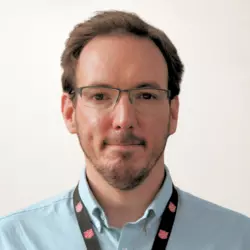
Ivan Radford
Managing Editor
